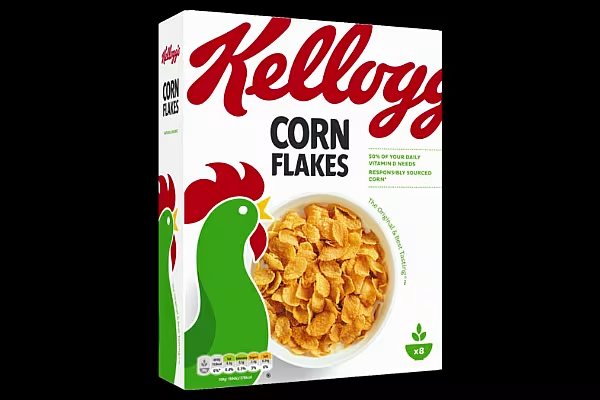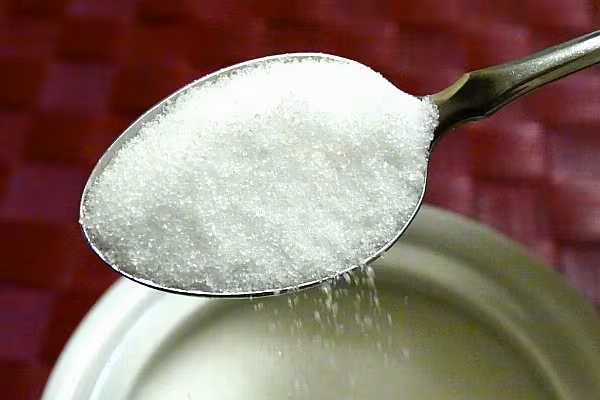WK Kellogg plans to completely shut down its Omaha, Nebraska, plant by the end of 2026 under a reorganisation that will also reduce the cereal maker's headcount by more than 17%, it said, as it streamlines its production.
The Special K cereal maker projected 2024 adjusted net sales to come in at the lower end of its prior forecast range of 1% growth to 1% decline.
Packaged food companies, including Kraft Heinz and General Mills, have flagged sagging sales in North America and a switch to private labels among consumers grappling with higher-for-longer interest rates and sticky inflation.
WK Kellogg, the North America cereal business of packaged food giant Kellogg before it was spun off last October, also posted in-line net sales of $672 million (€619 million) for the second quarter.
Business Reorganisation
The reorganisation, approved by the board on July 31, is expected to result in cumulative restructuring pretax charges of between $230 million (€212 million) and $270 million (€249 million).
Under the plan, WK Kellogg will consolidate its manufacturing network beginning with a phased reduction in production at the Nebraska plant and scaling back production at its Memphis, Tennessee facility, starting in late 2025.
The actions would reduce headcount by about 550 people, WK Kellogg said, including job additions at plants where production would increase. It employed around 3,150 workers at the end of last year.
Increase Production
The Frosted Flakes and Raisin Bran maker plans to increase production at its Battle Creek, Michigan; Belleville, Ontario; and Lancaster, Pennsylvania plants, with planned spending of about $450 million (€417 million) to $500 million (€463 million) on its supply chain efforts.
It estimated between $170 million (€157 million) and $190 million (€175 million) in non-cash charges primarily from accelerated depreciation and asset write-offs. These charges are expected to be incurred through 2027, the company said.










